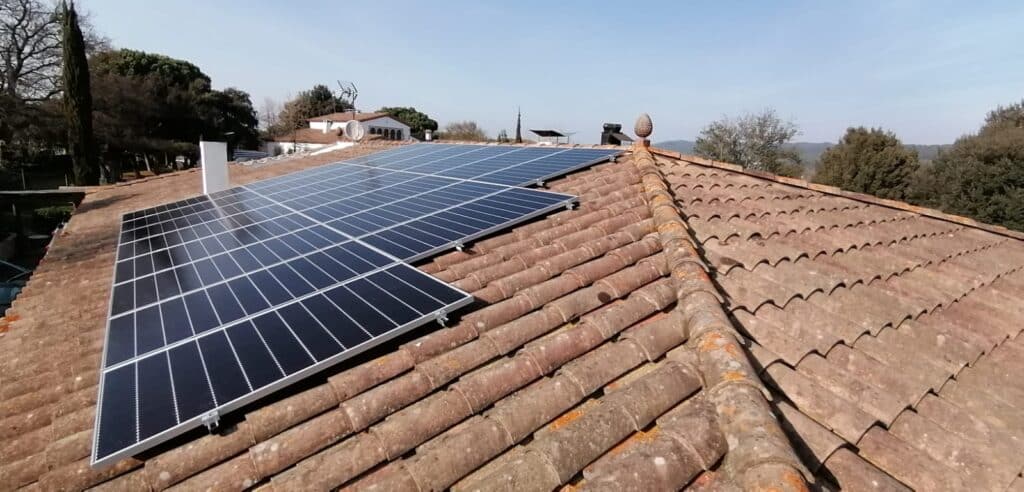Energy communities are key in the transition to a decentralized, sustainable and participatory energy model. Thanks to regulatory changes in the European Union and their transposition in Spain, citizens can now generate, share and consume renewable energy collectively.
European regulations: the two key figures
In Europe, the Clean Energy Package distinguishes between two models:
| Figure | Directive | What does it consist of? | Who can participate |
|---|---|---|---|
| Renewable Energy Communities (RECs) | EU 2018/2001 | Production and consumption of renewable energies (solar, wind, biomass). | Individuals, SMEs and local authorities close to the project. |
| Citizen Energy Communities (CCE) | EU 2019/944 | Broader management: production, consumption, storage and sale of energy. | Citizens, municipalities and small businesses. |
RECs are focused on renewables, while PPAs include a broader range of activities.
Spanish regulations: updated legal framework
Spain has been adapting European directives to its legislation. These are the main milestones:
| Standard | Year | What does it contribute? |
|---|---|---|
| RD 244/2019 | 2019 | It regulates shared self-consumption: neighbors or companies can share a solar plant. |
| RD-Law 23/2020 | 2020 | Introduces the figure of RECs in the Electricity Sector Law. |
| RD-Law 20/2022 | 2022 | Extends the maximum distance between installation and associated consumers to 2 km. |
| Order TED/1446/2021 | 2021 | Creates the basis for CE Implementa grants for pilot projects. |
| RD MITECO Project (2023) | 2023 | In public consultation: flexible framework for RECs and PPAs. |
| RD-Law 5/2023 | 2023 | It legally recognizes the figure of the CCE. |
| Order TED/764/2024 | 2024 | New CE Implementa grants (5th and 6th calls). |
What does this mean for you as a user?
- You can share power from a community solar plant even if it is not on your roof.
- You can join a community that involves neighbors, your municipality or a local SME.
- Bill savings and emissions reduction are the main benefits, not financial profitability.
- Thanks to the distance extension (2 km), it is easier for your home to be associated with installations on industrial estates or public rooftops.
- Specific grants are available for pilot projects through the EC Implementa program.
Basic requirements for creating an energy community
- Have legal personality (cooperative, association, limited company, etc.).
- Open and voluntary participation for neighbors, SMEs and administrations.
- Effective control exercised by the partners (decisions and distribution of profits).
- Social, environmental and economic purpose for the community, not only financial.
The regulation of energy communities in Spain is in full development, but it already allows citizens, companies and municipalities to create and manage collective self-consumption projects with legal backing.
👉 In our service of installation of energy communities we advise you on the current regulatory framework and how to take advantage of it to promote a project in your municipality or community of neighbors.
